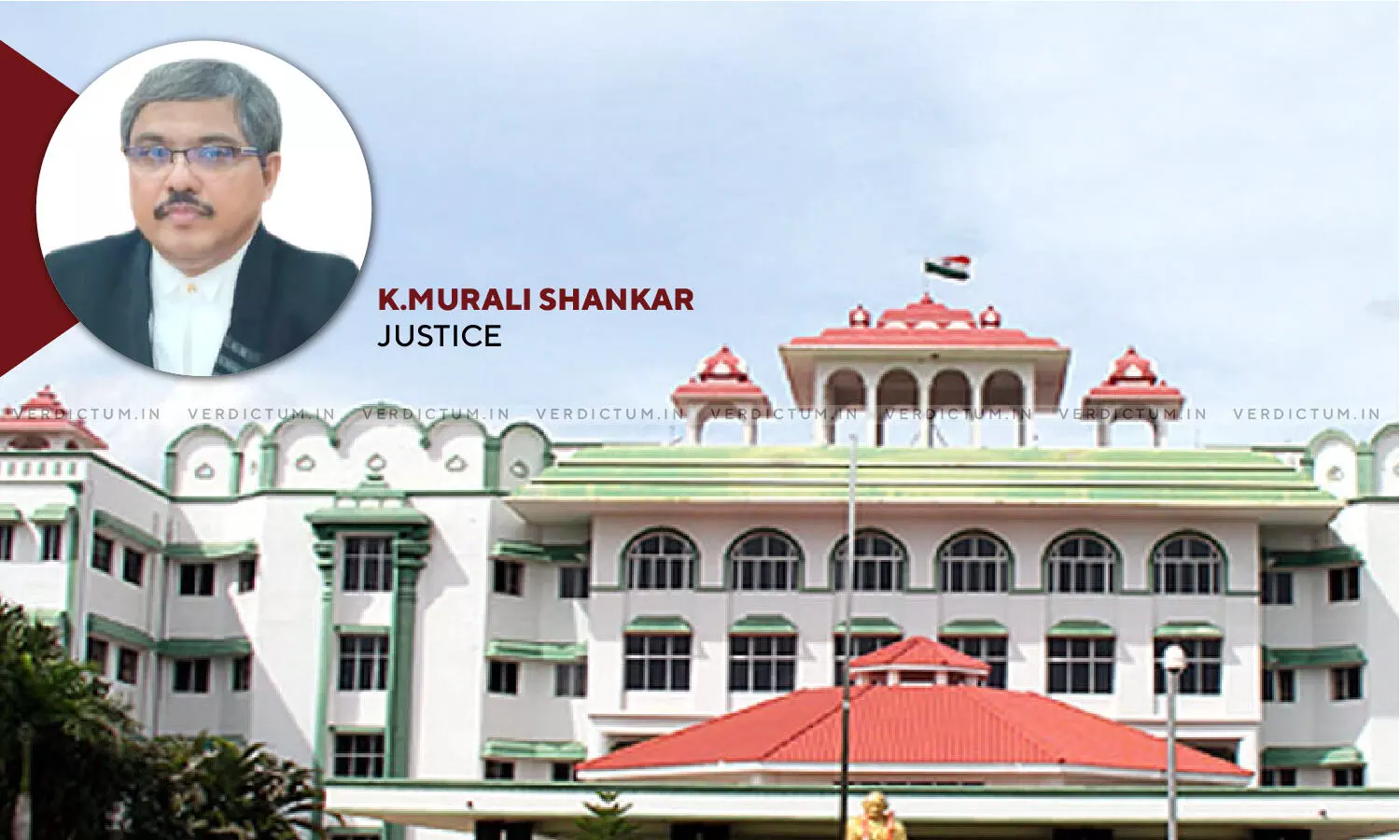
Use Of Fingers, Objects Or Any Body Part To Penetrate Or Manipulate Can Constitute Rape U/S. 375 IPC: Madras HC
 |
|The Madras High Court reaffirmed that the legal definition of rape has evolved, clarifying that penetration with a male organ is not a necessary criterion for constituting the offense. Instead, any form of penetration using a body part or object, or even an attempt to penetrate or manipulate a body part, can be classified as rape.
In the case at hand, the Court was considering a petition seeking to quash criminal proceedings against a man accused of rape.
A Bench of Justice K. Murali Shankar said, “The amended Section 375 broadens the definition, making it clear that penetration with male organ is not at all necessary and penetration can be with any body part or object and that even attempt to penetrate or manipulate any body part can be considered as rape. As per the amended Section, use of fingers, objects or any body part to penetrate or manipulate is sufficient and that even attempt or manipulate without penetration can constitute rape.”
Advocate S. Veeraraghavan appeared for the Petitioner and Government Advocate K. Sanjai Gandhi appeared for the Respondent.
In this case, the complainant alleged that while visiting the hotel owned by the petitioner for sightseeing, she became unwell and rested in a room. The petitioner, a friend of her husband, allegedly entered the room under the pretense of checking on her health and then touched her all over, including her private areas, with the intention of committing rape.
The petitioner sought to dismiss the charges, arguing that the incident allegedly occurred at 2 PM, while the complaint was not filed until 7:45 PM. He claimed to have been arrested at 6:05 PM at his hotel and presented CCTV footage to corroborate his timeline. Additionally, he argued that the swift preparation of the complaint, FIR, and seizure mahazar within 45 minutes suggested misuse of police authority. He also pointed out discrepancies in witness statements.
The Court rejected these arguments. Although the petitioner provided CCTV footage, the Court indicated that its authenticity could not be determined at this stage and would need to be evaluated during the trial. Regarding the inconsistencies in witness testimonies, the Court stated that such discrepancies were not sufficient grounds to quash the charges and could be clarified during the trial process.
The Court also addressed the accusation of police misconduct, stating that the rapid preparation of documents did not imply any falsity or suggest a suspicious prosecution. A review of the final report and accompanying statements indicated the presence of a prima facie case against the petitioner.
Ultimately, the Court decided against quashing the proceedings, dismissing the petition and allowing the case to proceed.
Cause Title: Abdul Gani Raja v. The State of Tamilnadu & Anr.
Click here to read/download Order